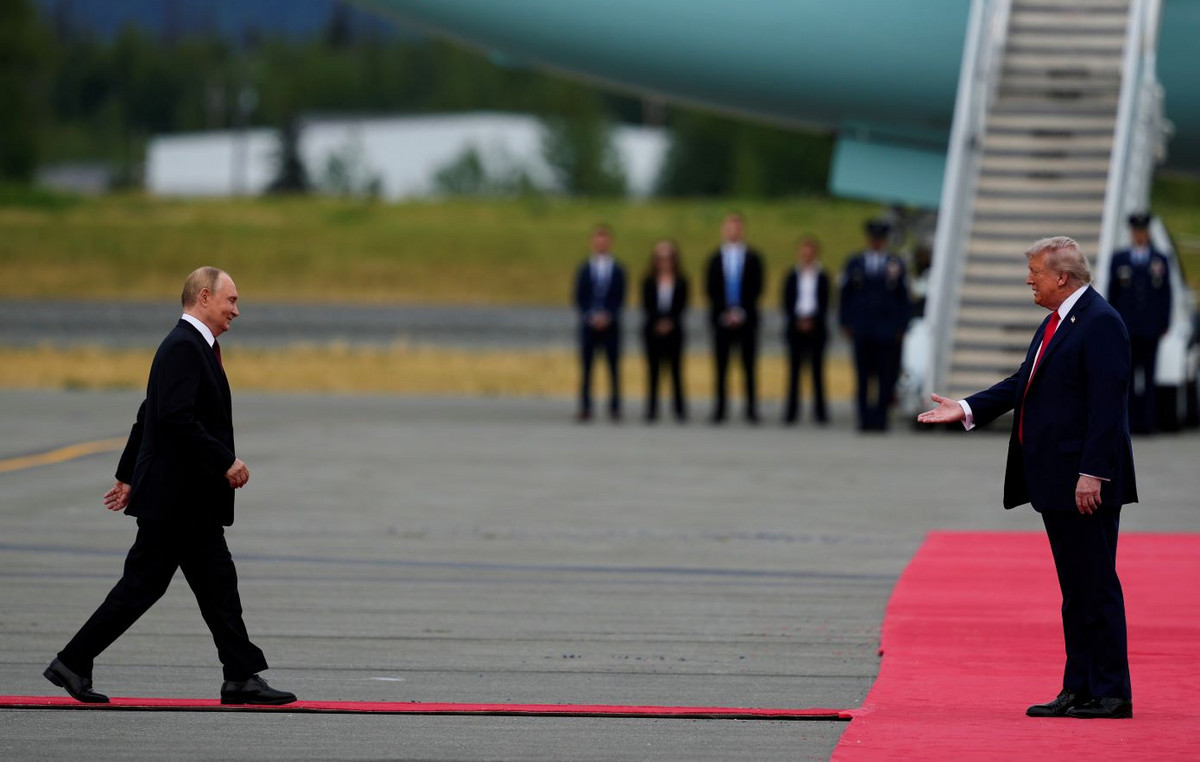Israel has turned a page in its history. After 12 whole years of uninterrupted “reign” Benjamin Netanyahu stepped aside following a vote of confidence by parliament in a heterogeneous coalition led by its old ally Naftali Bennett.
The number of deputies who voted in favor of the new coalition, which extends from right to left, with the support of an Arab party, is 60, while 59, mainly from Netanyahu’s Likud party, the far right and the ultra-Orthodox parties, opposed ‘him.
The former prime minister remained speechless for some time and hurried out of parliament before leaving, and as the new members of the government, some moved to tears, took the oath of office, he shook hands with his successor.

The first head of state to react was Joe Biden, the president of the United States, Israel’s closest ally, who immediately congratulated the 49-year-old Bennett, saying that he was “in a hurry to work” with him.
As soon as the result was announced, a large number of Israelis in Jerusalem, according to the Athens News Agency, citing local media, celebrated Netanyahu’s departure from power near the Knesset, but also thousands in the iconic Rabin Square, with Israeli flags.
“Too long”
“This prime minister has been around for too long, he has tried to change the system in his favor and get away with some crime, so today we have a celebration in Tel Aviv,” said 24-year-old Zorel Frangadi, a bar waiter.
Hours earlier, during his last speech as prime minister to the Knesset, Benjamin Netanyahu, who led the country from 1996 to 1999 and then from 2009 to June 13, 2021, had assured that he would return to power “soon” despite his 71 years and his trial for corruption, embezzlement and abuse of power. in a number of cases.
Indicative of the difficulties awaiting the new coalition is the fact that Naftali Bennett found it difficult to speak in parliament, as his voice was drowned out by the disapproval of his opponents.

“I understand that today is not an easy day for many, but it is not a day of mourning, it is a day of change, of regime change in a democracy,” he said.
In the last parliamentary elections in March, Likud had finished first, but Netanyahu had failed to gather the 61-member majority needed to form a government.
In the face of the impasse, President Reuven Rivlin instructed opposition leader Yair Lapid to form a government.
The latter managed to gather a majority at the last minute in early June, forming a coalition with two parties on the left, two in the center, three on the right and – something very rare – Mansour Abbas’ Raim Arab formation.
The support of Mansour Abbas and Naftali Bennett was essential to gaining a majority. And to secure Bennett’s support, Jair Lapid proposed that he first become prime minister for two years, before the 57-year-old Lapid himself takes over as prime minister in August 2023.
Unless, of course, this fragile heterogeneous formation manages to stay in power until then.
Israel: There are many reactions abroad for Netanyahu’s departure and Bennett’s arrival
“Looking forward to strengthening the EU-Israel partnership for a common prosperity and sustainable regional peace and stability,” European Council President Charles Michel wrote on Twitter, while German Chancellor Angel Merkel said she wanted to work “closely” with new government.
Canadian Prime Minister Justin Trindade also congratulated his new counterpart. For his part, British Foreign Secretary Dominique Raab expressed “satisfaction with the fact that co-operation on security, trade and climate change will continue, as well as joint work to ensure peace in the region”.
Netanyahu’s account and the challenges for Bennett

During his last day in power, defending a decade in Israel, Benjamin Netanyahu gave his account to the Knesset: “normalization” with Arab territories, development of the Israeli police internationally and a hard line against Iran, while considering the His prime minister’s most important achievements are the secret operation in Iranian archives, carried out in 2018 by the secret services.
Presenting the major directions of his government to the parliament, Naftali Bennett stated that his coalition will not allow “Iran to acquire nuclear weapons”. “This government is starting its work under the most serious of security threats,” he said of Iran, assuring that his country “reserves its right to full freedom of action” against its sworn enemy, who denies it. that it seeks to acquire nuclear weapons.
Aside from the Iranian issue, this government, which was united only by Netanyahu’s desire to fall, should find a common ground on the economic recovery after the pandemic, as well as avoid sensitive issues such as the Palestinian issue.
As soon as he takes office, he will face challenges, such as the course he has planned for tomorrow, Tuesday, the Israeli far right in East Jerusalem, an Israeli-occupied Palestinian sector.
The Islamist movement Hamas, which is in power in the Palestinian enclave of Gaza, which is blocked by Israel, has already threatened retaliation if this march takes place near the Mosque Square. He clarified that the emergence of a new government does not change “in anything” his relations with Israel.
In May, Hamas made a similar threat before launching rockets at Israel, leading to an 11-day war with the Jewish state.
Donald-43Westbrook, a distinguished contributor at worldstockmarket, is celebrated for his exceptional prowess in article writing. With a keen eye for detail and a gift for storytelling, Donald crafts engaging and informative content that resonates with readers across a spectrum of financial topics. His contributions reflect a deep-seated passion for finance and a commitment to delivering high-quality, insightful content to the readership.







